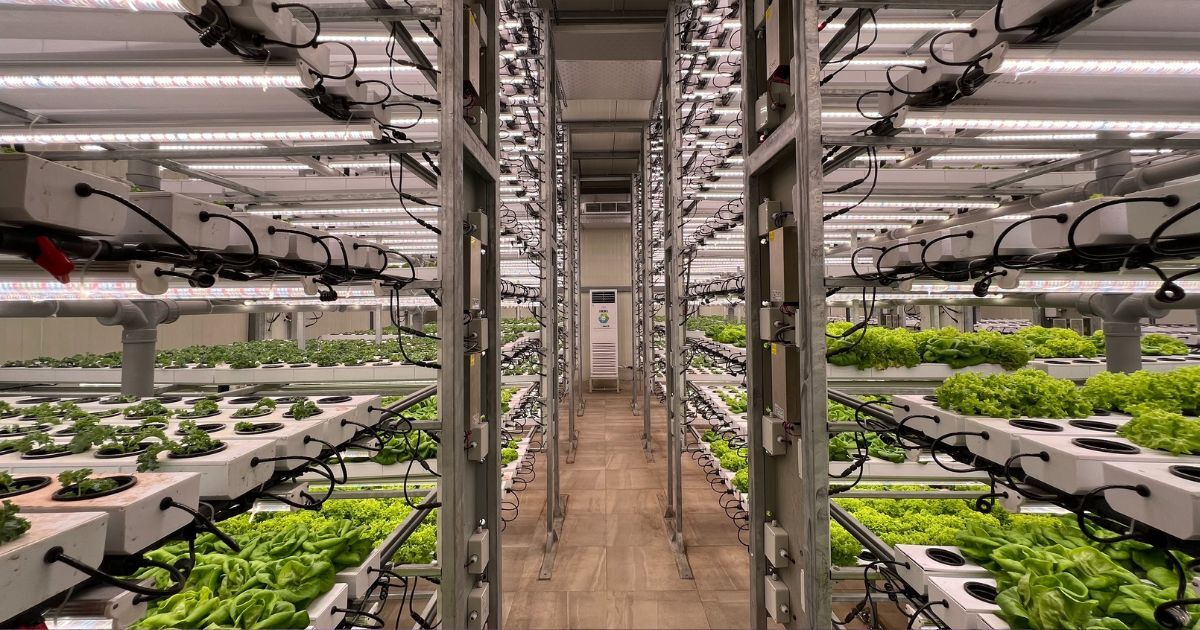Nanotechnology Tackles Plastic Waste

Purchased on Gettyimages. Copyright.
During her final internship year at Texas A & M University (USA), under the supervision of Professor Zoubeida Ounaies, Emna Helal got hooked on nanocomposites. The endless possibilities of nanoparticles in developing advanced materials fascinated the young student then, and still fascinates today. Indeed, by integrating nanoparticles with specific characteristics into conventional materials, their thermal, electrical, blocking or optical properties among other things, can be improved. “I will always be grateful to Professor Ounaies for introducing me to the world of nanotechnology. It was a determining factor in my career choice,” says Emna, an Institutional Researcher at ÉTS.
Upon receiving her engineering degree from École Polytechnique de Tunisie, Emna Helal earned a master’s degree in Mechanical Engineering from the same institution. She then accepted a position as an Engineer at ESI Services Tunisia, a subsidiary of the ESI Group specialized in virtual prototyping. Wishing to broaden her professional outlook, Emna decided to pursue a PhD abroad, still in the field of nanotechnology. She opted for a university in America, but this time, a French one. So why not in Montréal? She contacted two professors in the Department of Mechanical Engineering at ÉTS, Éric David and Nicole R. Demarquette, who work in the fields of nanocomposites and advanced multifunctional materials. Emna Helal was accepted into the PhD program in Mechanical Engineering at ÉTS.
Modifying Plastics
Her PhD project carried out as part of a collaboration between ÉTS and the Hydro-Québec Research Institute, focuses on the development of new high-performance materials for high-voltage electrical insulation based on thermoplastic nanocomposites. To transfer the desired properties to the thermoplastic marices, the added nanoparticles must have a controlled dispersion and spatial distribution. Emna Helal’s area of expertise is focused on controlling the morphology of polymer-based nanocomposites to control their properties.
“During my PhD program, we controlled the dispersion and location of zinc oxide, clay, and boron nitride nanoparticles in multiphase polymer systems, taking advantage of their ordered microstructures to control the dispersion. This way, we tailored the dielectric, thermal and mechanical properties of these materials,” explains Dr. Helal. She earned her PhD from ÉTS in 2017.
Discovering the World of Graphene, the “Wonder Material”

ÉTS Institutional Researcher Emna Helal
Ms. Helal did her postdoctoral training at ÉTS in collaboration with NanoXplore Inc, a Montreal-based graphene producer. This two-dimensional, nanometer-thick material is a carbon allotrope with revolutionary potential. As a postdoctoral fellow and later as a research scientist at NanoXplore, Emna joined a diverse team of a dozen researchers exploring the industrial applications of graphene. At the same time, she continues to broaden her expertise in the field of nanocomposites and is actively involved in the productive collaboration between ÉTS and NanoXplore, established by professors Éric David and Nicole Demarquette. “This industrial experience allowed me to witness the importance of applied research and to bridge the gap between academia and industry on a daily basis,” explains Emna.
Recovering Plastic Waste
In her recent research, Emna Helal worked on recycling plastic waste. “Only 9 percent of plastic waste is currently recycled,” she says. Conventional petrochemical plastics can take centuries to degrade. It’s time to focus on that.
One problem with mechanical recycling of plastics is the gradual deterioration of the mechanical and physical properties of the recyclate, which poses a limitation on repeated or closed-loop recycling.
Emna Helal would like to introduce nanoadditives to improve the attributes of recovered plastics and gain performance and durability. If we increase the useful life of plastic products, there will be less need to manufacture new ones, and we will have learned to better reintegrate it into the production chain.
Participating in the Transition to a Circular Economy
Back at ÉTS, Emna Helal wishes to continue her research and to work with students on the methods of valorization of recycled plastics by using nanomaterials, by reinventing the manufacturing and molding processes of plastics and by adopting processes allied to the circular economy, such as additive manufacturing. Teaching materials classes and the characterization of polymer nanocomposite properties is certainly important! But teaching what these materials are used for and how to use them at their full potential is what matters to Emna Helal.
“I would like to be a researcher contributing to the circular economy transition, making plastics circular,” admits Helal. And nanotechnology has become a very promising avenue in developing high-performance materials. So why not kill two birds with one stone, so to speak, for the future of our planet?



